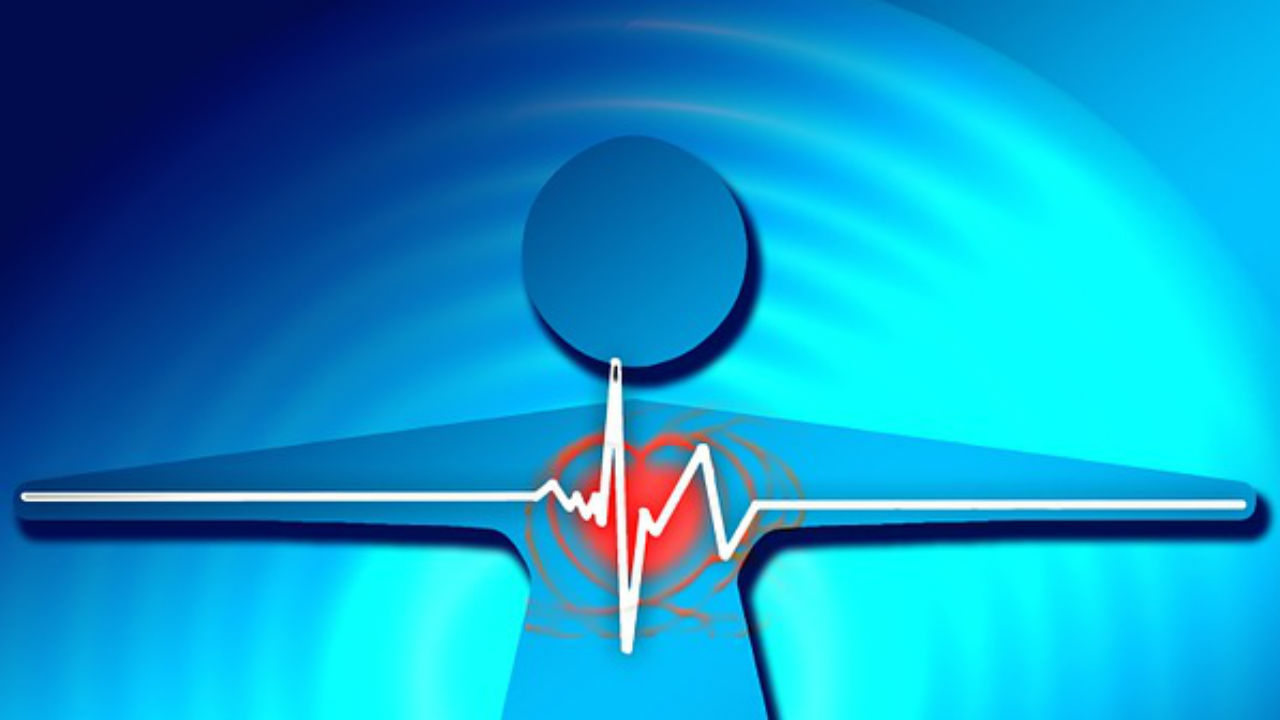The numbers are so large they are hard to believe. Cutting just a bit of salt from our daily diets – 3 grams, or about a teaspoon – could help prevent as many as 99,000 heart attacks, 66,000 strokes and and 92,000 deaths a year in the United States.
Women would benefit the most.
And the financial estimate of what could be saved is huge as well: an estimated $24 billion in health costs.
Salt. Just salt.
Really?
Believe it. From a Reuters story:
“The benefit to the U.S. population would be comparable to cutting smoking by 50 percent, significantly lowering obesity rates and giving cholesterol drugs to virtually everyone to prevent heart attacks, said Dr. Kirsten Bibbins-Domingo of the University of California, San Francisco and colleagues.
“Such a goal, they said, is readily attainable.
“Salt, which contributes to high blood pressure and heart disease, is widely overused in the United States, with 75 to 80 percent coming from processed food. Men typically consume 10.4 grams per day. For women, the average is 7.3 grams. Its use is rising.”
The report was published in the New England Journal of Medicine.
Most of the salt in the American diet, however, comes from packaged, processed and restaurant foods, not the salt shaker. Just a couple of weeks ago, the city of New York announced a major effort to help Americans lower the amount of salt in our diets.
From an EmpowHER article about that program:
"Salt is a huge problem in our diets," Dr. Sonia Angell, director of the Cardiovascular Disease Prevention and Control Program at the New York City Department of Health and Mental Hygiene told CNN. "The majority of us consume too much salt, which increases blood pressure and puts us at risk for heart attack and stroke."
The city health department is taking the lead in a national effort to help Americans lower the amount of salt in their diets. By partnering with cities, states and health departments across the country, they hope to cut the salt in packaged and restaurant foods by 25 percent over 5 years.
The researchers established a unique computer model with which to do their study. From ABC News:
“Using the computer model to simulate the impact of heart disease in U.S. adults age 35 to 84, the
researchers found that even reducing salt intake by a mere one gram per day over the next decade would be a more cost-effective strategy for treating hypertension than use of even the cheapest antihypertensive drug.
“Dr. Clyde Yancy, president of the American Heart Association, said that while the study was a computer modeling analysis, in terms of research on this topic it may be as good as it gets. "It would be impossible to do a randomized trial in large numbers of high vs. low sodium consumption, and the use of modeling with reasonable assumptions represents a solid if not ideal alternative," he said.
Until there are some salt reductions in processed, packaged and restaurant foods, the National Institutes for Health offers these tips for reducing salt in your diet:
* Buy fresh, plain frozen, or canned "with no salt added" vegetables.
* Use fresh poultry, fish, and lean meat, rather than canned or processed types.
* Use herbs, spices, and salt-free seasoning blends in cooking and at the table.
* Cook rice, pasta, and hot cereals without salt. Cut back on instant or flavored rice, pasta, and cereal mixes, which usually have added salt.
* Choose "convenience" foods that are lower in sodium. Cut back on frozen dinners, pizza, packaged mixes, canned soups or broths, and salad dressings — these often have a lot of sodium.
* Rinse canned foods, such as tuna, to remove some sodium.
* When available, buy low- or reduced-sodium, or no-salt-added versions of foods.
* Choose ready-to-eat breakfast cereals that are lower in sodium.
The Reuters story:
http://www.reuters.com/article/idUSTRE60K0VP20100121
The EmpowHER story:
https://www.empowher.com/news/herarticle/2010/01/12/salt-public-enemy-city-new-york-takes-aim-fast-food-restaurants-and-packa
The ABC News story:
http://abcnews.go.com/Health/WellnessNews/pinch-salt-save-lives-money/story?id=9616916
The National Institutes of Health page on reducing sodium:
http://www.nhlbi.nih.gov/hbp/prevent/sodium/tips.htm
EmpowHER’s Health News story today:
https://www.empowher.com/news/2010/01/20/small-cuts-salt-intake-spur-big-drops-heart-trouble






Add a CommentComments
There are no comments yet. Be the first one and get the conversation started!